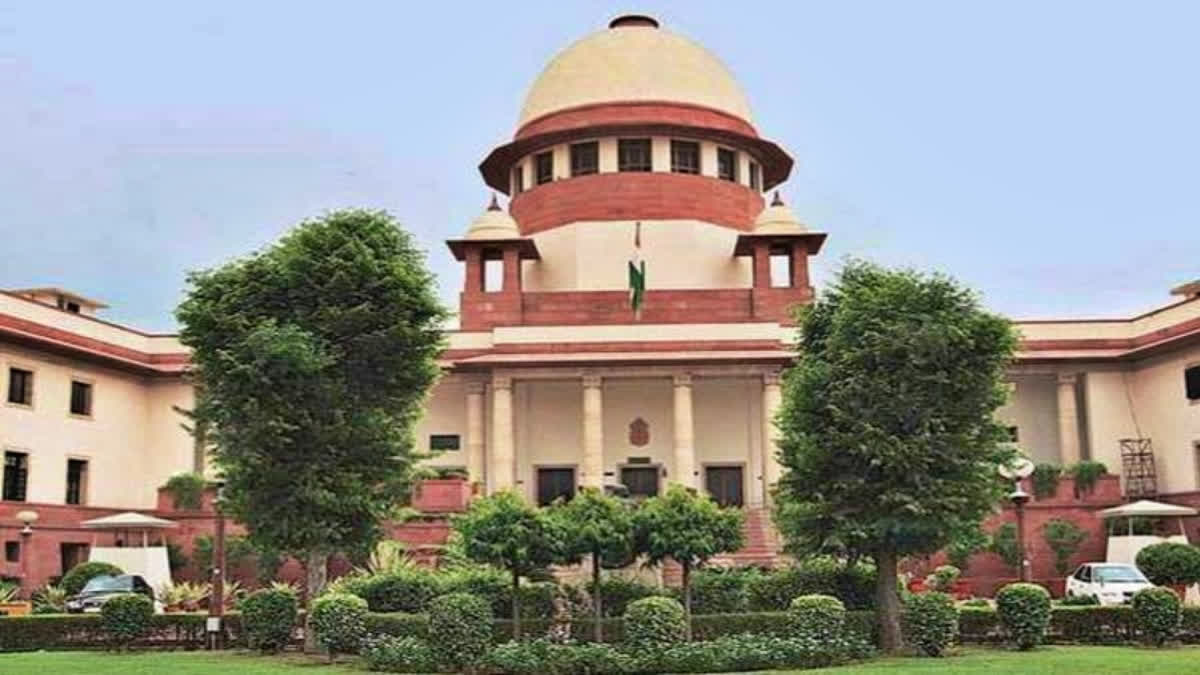New Delhi: The Supreme Court on Friday granted bail to eight convicts serving life sentences in the 2002 Godhra train carnage case in Gujarat. However, the bench refused to consider the bail application of four others due to their roles in the violence.
The Solicitor-General for India explained that he had some issues with the four persons as they were found to have played specific roles in the crime. One of them was caught with an iron pipe, while another was carrying a weapon that looked like a sickle, known as a 'dhariya' in Gujarati. Another convict was caught purchasing, storing, and carrying petrol, which was used to burn the coach. The last convict attacked passengers, causing injuries and looting them.
Senior advocate Sanjay Hegde, appearing on behalf of the petitioners, urged the court to adjourn the hearing of the four convicts whose bail was opposed by the Solicitor-General and grant bail to the other convicts, citing the upcoming Eid al-Fitr festival. He requested that the bail applications of the four be heard after two weeks, but the Solicitor-General insisted that the bail applications be rejected, leaving it open for them to revive their applications after a year or so.
The court, taking into consideration the period of imprisonment of the convicts (17-18 years) and their individual roles in the crime, granted bail to the eight applicants, taking into account that their appeals were not likely to be taken up soon. The bench ordered their release on bail subject to such terms and conditions as may be imposed by the sessions court.
However, the bench dismissed the petitions of the four other convicts and stated that they were not inclined to grant them bail at this stage. Last year, in December, the Supreme Court granted bail to another life convict named Farook, considering the fact that he had served 17 years and that his role was only of stone-pelting at the train.
The crime, which occurred on February 27, 2002, resulted in the death of 58 people in a fire inside the S-6 coach of the Sabarmati Express, which was carrying kar sevaks (Hindu religious volunteers) from Ayodhya. The Godhra carnage triggered one of the worst communal riots in India since Partition.
In March 2011, the trial court convicted 31 persons, 11 of whom were sentenced to death, and the remaining 20 were given life imprisonment. 63 other accused were acquitted. In 2017, the Gujarat High Court commuted the death sentence of 11 to life imprisonment and upheld the life sentence awarded to the other 20. The appeals filed by the convicts in the Supreme Court have been pending since 2018.
Conclusion:



